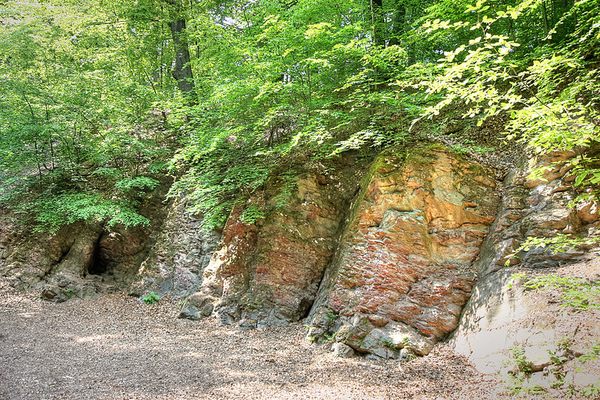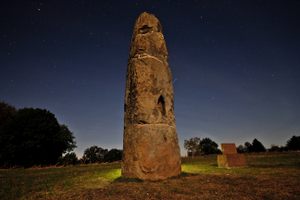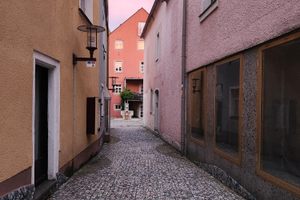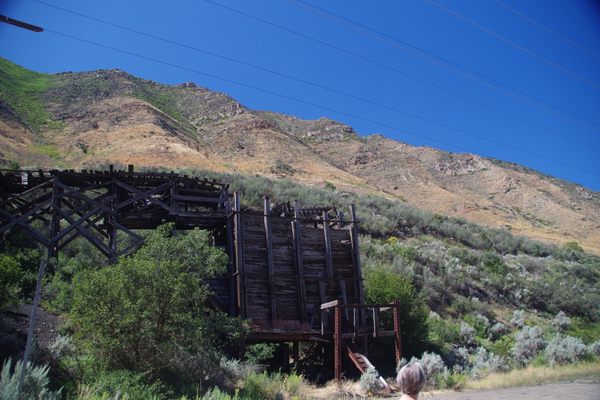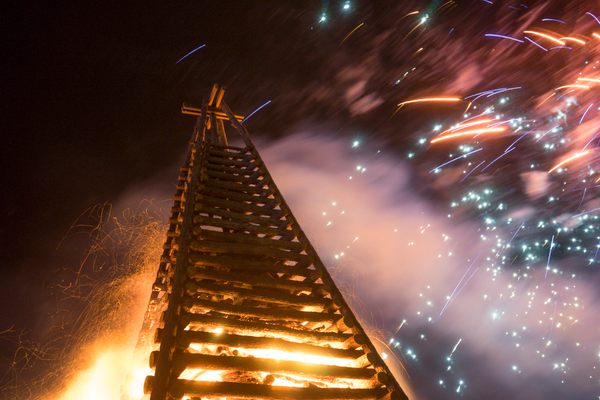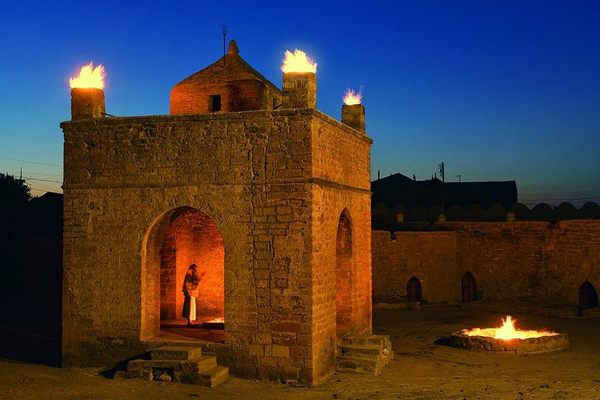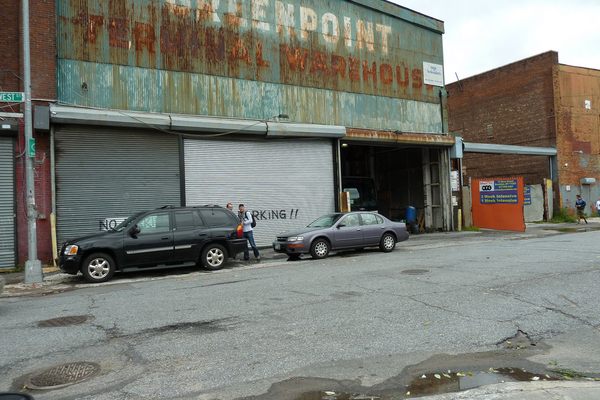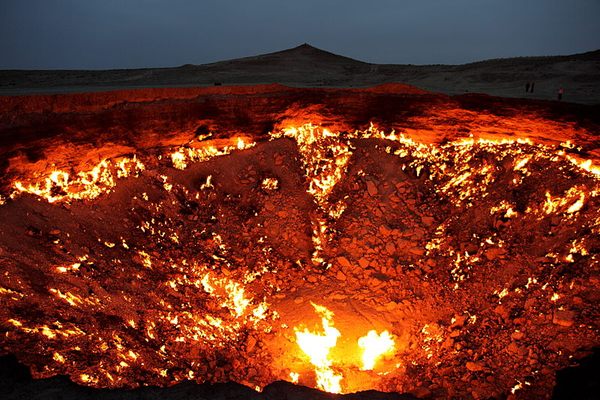About
While preparing a visit to nearby Dutweiler's coal mines and forges in 1770, literary giant Johann Wolfgang Goethe had heard rumors of a nearby "burning mountain" and found it worth investigating. This detour would live on for time immortal in the cannon, described as such:
"We entered a gorge and found ourselves in the vicinity of the burning mountain. We were enveloped by a strong sulphur smell; one side of the cave was almost glowing, and covered with reddish, white-roasted rock. Dense steam arose from the crevices and we could feel the hot ground even through the thick soles of our shoes."
If you find this description eerily reminiscent of transmissions from America's favorite post-apocalyptic nightmare come to life, Centralia, Pennsylvania, then you wouldn't be far off. Except Brennender Berg, which directly translates to "burning mountain" has been burning since all the way back in 1668.
Though it's not as if record-keeping that long ago was shoddy, documents themselves prove basically impossible to come by. What proliferated in this void are a multitude of folk legends, encompassing a coal seam just below the surface igniting due to a spark blown from a shepherd's fire, miner's lamps gone wonky, or spontaneous combustion. Somehow the latter has emerged from this pack as the most prominently accepted theory, based on the shifting geologic pressures of the area, paired with internal destabilization related to nearby underground mining.
All attempts to extinguish the flame proved unsuccessful, which left smoke emanating from the Earth itself and, as Goethe attested, the ground warm to the touch. Reports of an orangey glow radiating through cracks in the rock circulated, and turned Brennender Berg into a tourist attraction throughout the Victorian Era even as its fires cooled toward the end of the 18th century.
Today's visitors to Brennender Berg mostly find themselves meandering through a forest with strange topological mounds appearing out of nowhere. After walking about 15 minutes down and into the woods from the parking lot, a strange rock face over 65 feet high and a third of a mile long rises up like a scar. The result of continued removal of burnt shale for nearby Alaungewinnung, when considered alongside Centralia, this ledge is an in-your-face reminder of the permanence of man's folly in midst of nature's baffling resiliency.
Related Tags
Know Before You Go
From the A6 Motorway (Mannheim or Saarbrücken) moves at the exit "St. Ingbert West" on the L 126 (right) direction Dudweiler / Saar Rent Rich. From Dudweiler head towards Neuweiler, continue on the L 126. Burning Mountain Road takes you to the western end of town Neuweiler where there's a parking lot at the edge of the forest.
Published
October 28, 2015
